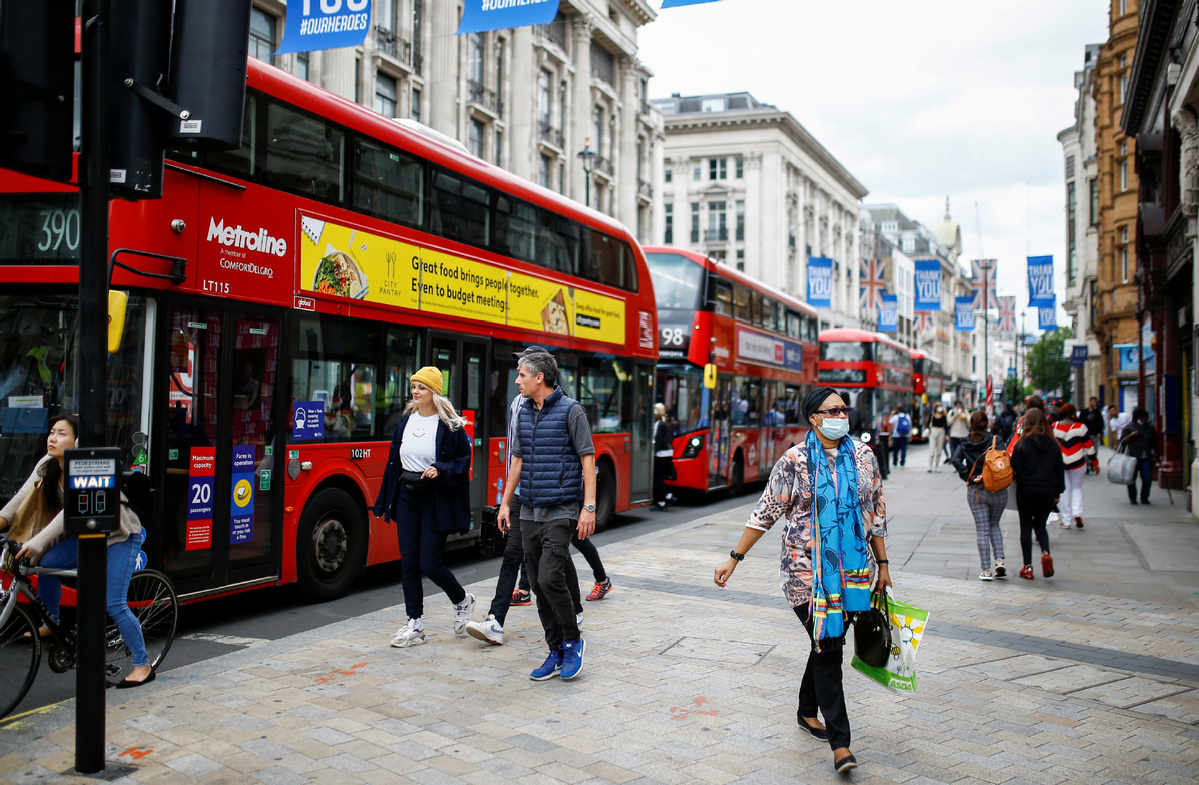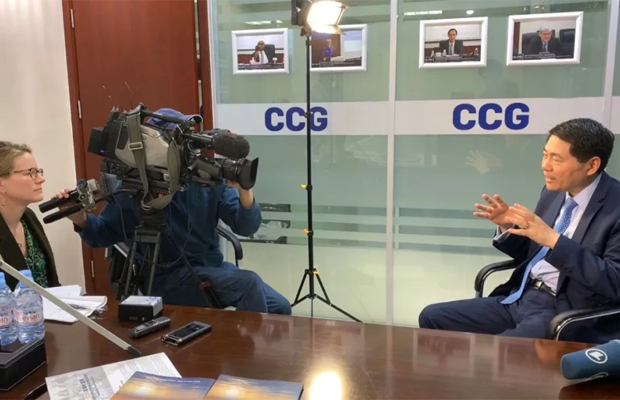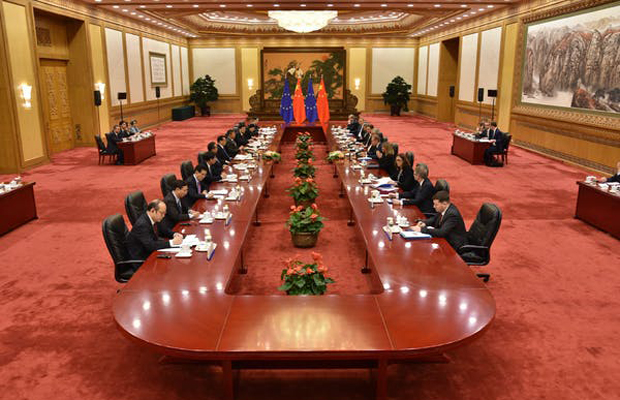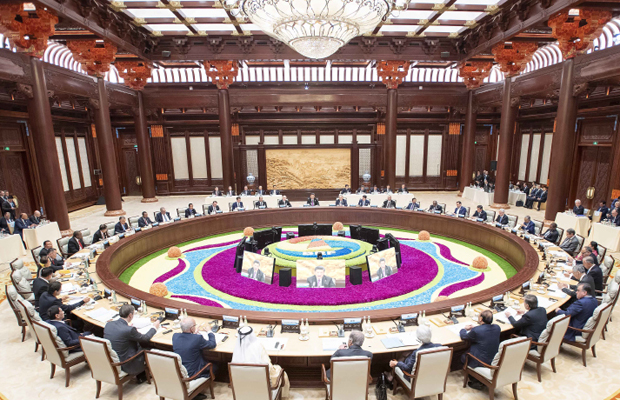Since its establishment, CCG has paid close attention to international relations and China's foreign affairs, tracking the development and changes of China's bilateral economic and trade relations with the United States, Canada, Europe, Asia, Africa, Latin America, Australia, the Middle East and other countries and regions, and has been devoted to research on China-US-Europe cooperation, the Belt and Road Initiative, WTO reform, CPTPP and other multilateral topics, as well as providing recommendations for policymaking.
The annual flagship forums held by CCG for successive years have contributed to discussion on China-U.S. relations and China-EU cooperation, promoted international exchange, and given full play to the role of think tanks in track II diplomacy. CCG regularly conducts research and exchanges in multiple countries, and published a series of Chinese and English research reports on China-U.S. economy and trade relations.
The think tank hosts a series of roundtable seminars all year round, and invites think tank experts and scholars, political leaders, business elites and diplomats from the United States, Canada, Britain, Australia, Japan, Germany, Egypt and other countries to discuss and exchange views on international relations and multilateral cooperation.
-

Andrew Moody: Huawei issue focuses spotlight on Sino-UK ties
The United Kingdom could be dealt a severe economic setback if Chinese telecom giant Huawei is barred from taking part in creating the country's 5G network, according to experts. Some Conservative members of Parliament are calling on the UK government to reverse its decision taken in January to back Huawei's involvement in the next generation of wireless network technology. Many in the business community are worried that any such U-turn would deny the UK the opportunity to be a European leader in the technology at a time when the country's economy needs a significant boost.
July 02 , 2020 -

Wang Huiyao: How COVID-19 Will Reinforce Trends Shaping the International Order
In just a few months, COVID-19 has turned our world upside down. The pandemic has claimed over 100,000 lives and untold economic damage. It is also affecting relations between states, in many cases, for the worse. These momentous events have led many to wonder what the pandemic means for the future of the international order. The short answer is, it is too early to tell. So much about the pandemic remains unknown, from the timeline to an effective vaccine to economic fallout and the possibility of second and third waves of contagion. With those caveats in mind, based on what we see so far, it seems likely that the pandemic will accelerate key trends shaping geopolitics and the world economy, rather than radically alter or reverse them. In particular, our post-pandemic world is likely to be even more multipolar as divergent paths of recovery reinforce long-term shifts in the global economy. Secondly, different aspects of globalization - such as economic or ecological, physical or digital – will follow different trajectories, with varied consequences for different countries and sectors. Thirdly, COVID-19 has exposed the need for stronger global governance to address the rising transnational threats we face. This working paper examines these trends and what they mean for the future of the international order, in particular, China's global role as one of three key pillars of the multilateral order along with America and the EU. Finally, it outlines ways that China and the EU can work together to build a post-pandemic world that is more inclusive, sustainable, and resilient.
June 09 , 2020 -

Wang Huiyao: China is not a threat to the international community – the world can benefit through China’s development
The successful conclusion of China's “Two Sessions” has signaled confidence in the fight against the pandemic and recovery of the world economy. However, the pandemic has posed challenges to globalization and increased uncertainty in China-US relations.
June 02 , 2020 -

In this together: China-EU relations in the COVID-19 era
2020 was set to be a major year for China-EU diplomacy. The regular EU-China summit at the end of March was a chance for China to strengthen ties with the new EU leadership that took over last summer, reaffirm commitments, and seek new areas for cooperation. This was to be immediately followed by the annual 17+1 meeting in April and later the newly created EU27-China leader’s meeting in September, with a new format involving President Xi and all 27 leaders of EU member states.
May 30 , 2020 -

Wang Huiyao: Building A Shared Future for All
The year 2019 was eventful in global affairs. It also marked the 70th founding anniversary of the People's Republic of China (PRC). China has changed in ways unimaginable seven decades ago. It has become a leading engine of the global economy. Its citizens and companies are active all over the world. As China's economic footprint has grown, so has its need for diplomatic engagement.
January 03 , 2020


